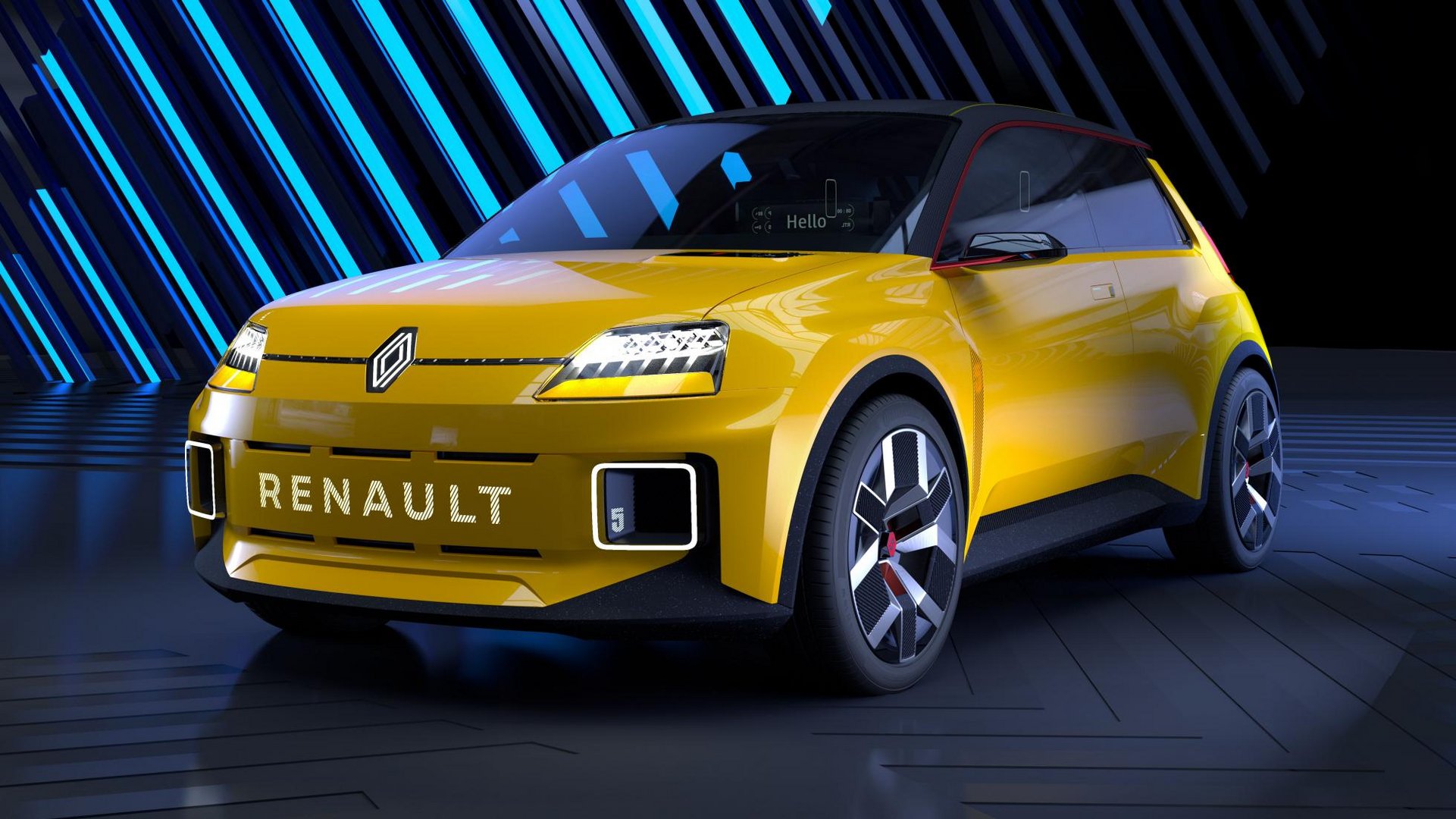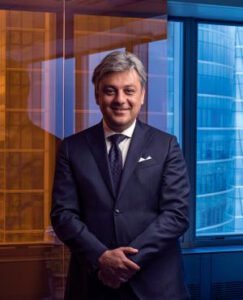French carmaker Renault pledged to slim down and focus more on technology as its new CEO laid out plans to revive a business hammered by management turmoil and the Covid-19 crisis.
Renault Chief Executive Luca de Meo
De Meo, who arrived last July after a stint running Volkswagen’s Seat brand, said the task now was to “steer our business from market share to margin.”
Even before the COVID-19 pandemic upended the car industry, Renault was struggling to adjust to life without Ghosn, the architect and long-time boss of its alliance with Japan’s Nissan. Ghosn was arrested in Japan in November 2018 on financial misconduct charges, which he denies, and later fled.
The company also faces new challenges, as the European Union tightens emissions regulations and rivals PSA and Fiat Chrysler Automobiles complete their merger to create Stellantis, the world’s fourth-biggest automaker, with potentially more resources to meet the industry changes.
Renault’s car production will drop to 3.1 million vehicles by 2025 from 4 million in 2019 – and down from the 5 million per year targeted by Ghosn in 2017.
Half of new launches will be electrified, manufacturing will be simplified and Renault will also focus on areas like car sharing and ride hailing, with the aim of deriving a fifth of revenues from these mobility services by 2030.
De Meo ruled out further job cuts, beyond the 15,000 it earmarked last year over the next two to three years.
But he hiked cost savings goals, with an extra €500 million ($608 million) planned to reach €2.5 billion by 2023, and then €3 billion by 2025.
Investors were initially unimpressed, with Jefferies analyst Philippe Houchois describing profit goals as “underwhelming”, reflecting the “depth of challenges at Renault.”
Under de Meo’s efficiency drive, Renault will build vehicles on fewer shared platforms to pare back costs by €600 per car by 2023, and aim to cut development time for new vehicles by a year, to under three years.
The 53-year old’s shift to a more electric line-up will include building a battery plant in France with one of the company’s suppliers, while the company is working on partnerships in areas like technology.
“We’ll move from a car company working with tech to a tech company working with cars,” de Meo said.
Renault aims to lift operating margins to 5 per cent by 2023. It also plans to lower capital spending and research costs to 8 per cent of revenue from 10 per cent by 2025. Together, these measures should lower Renault’s break-even point by 30 per cent by 2023.
The company has yet to publish margins for 2020, though following the COVID-19 pandemic which disrupted operations, they are likely to be lower than the 4.8 per cent hit in 2019.
Renault also said it was targeting automotive free cash flow of 3 billion euros by 2023, and 6 billion by 2025.
“The commitment to short-term cash targets is positive as it remains the key concern for investors,” Citibank analysts wrote in a client note.
Renault said it had drawn an additional chunk of its 5 billion euro government-guaranteed loan secured early in the COVID-19 crisis.
The company said it would combine all its sports car efforts into one unit “dedicated to developing exclusive and innovative” vehicles, with Formula One racing “at the heart of the project.”
($1 = 0.8224 euros)








Click here to change your cookie preferences